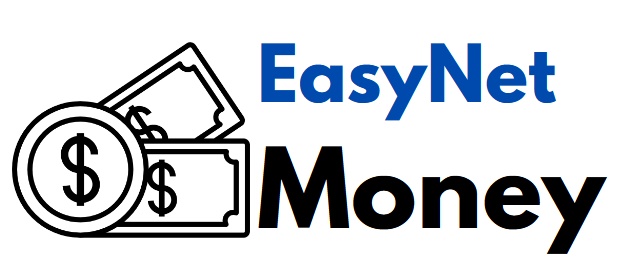Being laid off is certainly distasteful, especially when you have to deal with financial issues on your own. If you manage to create a budget and plan, which fits your dire needs, you’ll manage to make the most out of even a bad condition.
It is very annoying and frustrating when you get a letter stating you’re being terminated from the job in 1 or 2 months due to down-sizing of work-force, or as a part of cost-cutting measures implemented by the organization.
Nobody expects or hopes to experience such a situation, but you’ll have to be prepared to manage your personal finances even if you’ve been laid off. Here are few tips to manage money in such dire situations
 1- Understand How You Are Spending Your Money
1- Understand How You Are Spending Your Money
All these days, you might not have looked where your earnings are going; but do not delay further.
Pay better attention to daily expenses, because most people know what their mortgage and rent outflows are, but really don’t realize their daily spending.
How much actually do you spend on outside food purchases, and how much do you spend on gas, and what’s your weekly grocery bill? Being aware of your spending allows you to make use of the money more wisely.
Create a budget of all your daily and monthly expenses and make sure that you do not cross the limit. This should include rent, mortgage, transportation, water, phone, gasoline/electric, etc.
Make the payments before the due date to avoid penalty charges. This is something that you should do periodically to determine where your money is going every month.
2. Ditch Unnecessary Expenses
Now, it is high time to reduce not just on some, but all your unnecessary spending. Start cooking at home instead of going to restaurants.
Don’t go to grocery shops, unless there is nothing left at the house. Try to have lunch or brunch at your parent’s residence for a few weeks. Take movie DVDs from local shops, instead of going to watch films at theaters or big multiplexes.
Visit the library instead of buying books from stores and if you’re in a party mood, instead of going to a bar, invite friends or close relatives to your house and have a cocktail party with whatever is available at home.
3. Find Part-Time Work
Instead of sitting at home simply or feeling sorry, it is advised to start looking for a job immediately, and take whatever comes your way; even if it’s part-time work.
It could be better if you could find a part-time or temporary job in areas of your hobbies, and other fields that may provide possibilities of generating income; meanwhile, you can look for a full-time job.
For example, if you are good at trading, you can join a platform like GM Associations (check the detailed Global Markets Association review) to earn quick bucks.
4. Limit Credit Card Usage
Do not increase your debts further, if you do not plan to pay them back within one month of purchase. If you can borrow from close friends or family members, it would be better than swiping your credit cards.
5. Consolidate Your Debts into a Single Loan
If you’re already in debt, especially through credit cards, you may want to combine your debts into a single monthly payment with low-interest rates. If you own a house, opt for a lower interest home mortgage plan.
Gas prices are also increasing; so, try to conserve gas and when buying something, use coupon codes or promotional coupons as much as possible.
Don’t seek personal loans with high-interest rates, because they may give your immediate cash in hand, but it’ll only worsen your situation down the line.

